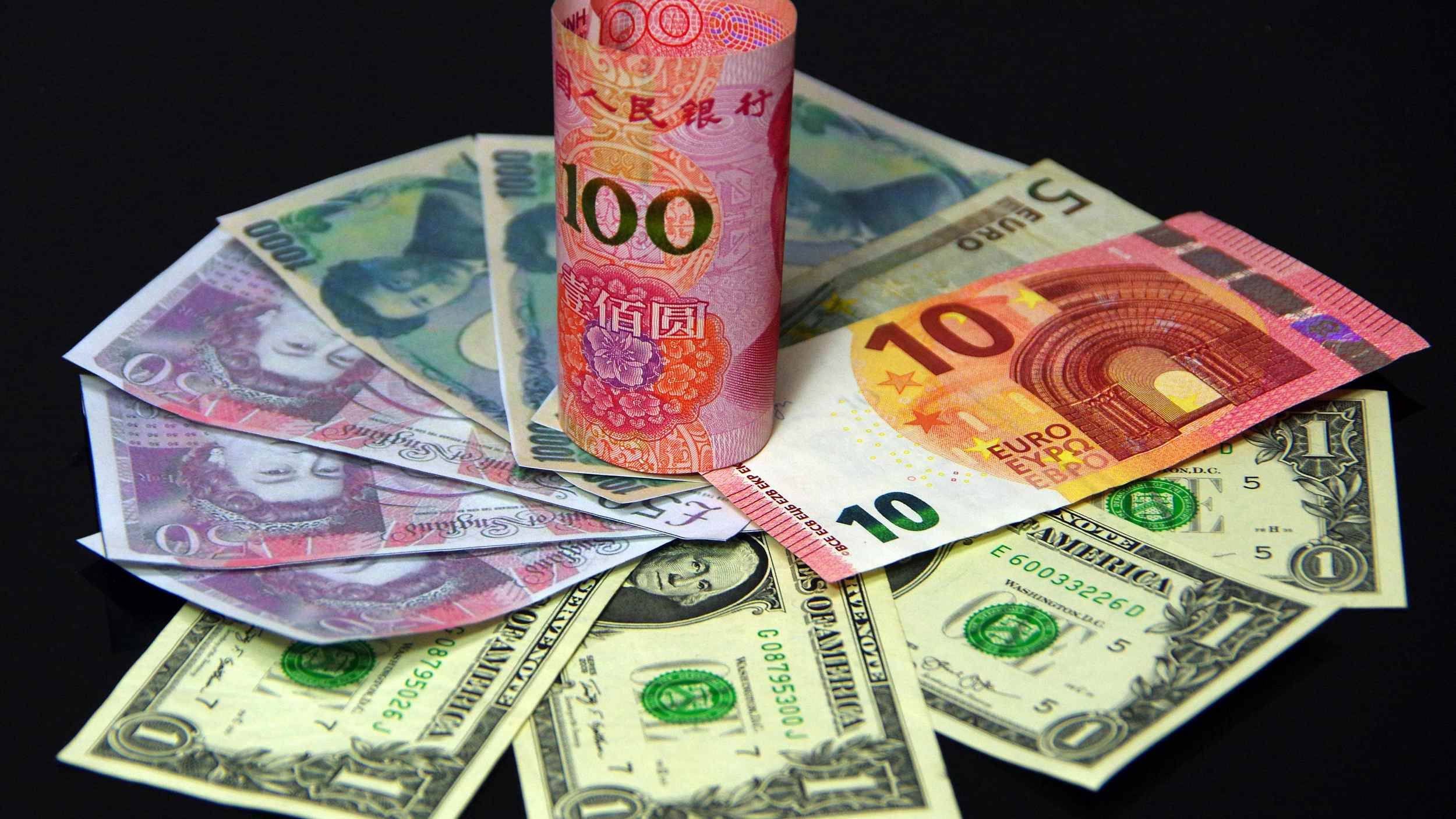
Business
21:48, 05-Feb-2018
Chinese service sector climbs to 4.7 trln yuan in 2017
Wang Hui

The Ministry of Commerce released Monday some key figures on the performance of China's service industry in 2017.
The figures show that the trade volume in China's service industry reached 4.7 trillion yuan (747 billion US dollars), up 6.8 percent from 2016 – faster than the world's major economies, including the US, the UK and France.
The ministry said that the trade volume of China's service industry will likely rank second in the world for a fourth straight year.
China's service sector exports reached 1.5 trillion yuan last year, an increase of 10.6 percent. It was the first time in seven years that export growth exceeded that of imports.
The trade deficit of the service industry reached 1.6 trillion yuan, which was almost the same as 2016. Of the deficit, 90 percent comes from tourism.
“But in general, the service industry developed steadily and the trading structure has been optimizing,” said Xian Guoyi, a senior official with the ministry.

VCG Photo
VCG Photo
China's service industry experimental areas also helped drive up trade volumes.
Beijing announced 15 cities and provinces as service industry experimental areas in early 2016. Local governments have been implementing preferential policies to create a good business environment.
They have also been highlighting a variety of sectors, including tourism, finance, and sports. The trade volume of those 15 areas reached 2.4 trillion yuan, up 7.4 percent from the year before and higher than the national average.
The ministry said that China's service outsourcing businesses involved more than 200 countries in 2017. China particularly strengthened its cooperation with countries located along the route of the Belt and Road Initiative.
“It was the first time that the execution amount of Chinese service outsourcing cooperation with those countries exceeded 100 billion yuan, reaching 103 billion yuan, increasing by 27.7 percent. It helped China’s advanced technologies, including high-speed railways, nuclear power, telecommunications and mobile payments reach other countries,” said Xian.

SITEMAP
Copyright © 2018 CGTN. Beijing ICP prepared NO.16065310-3
Copyright © 2018 CGTN. Beijing ICP prepared NO.16065310-3